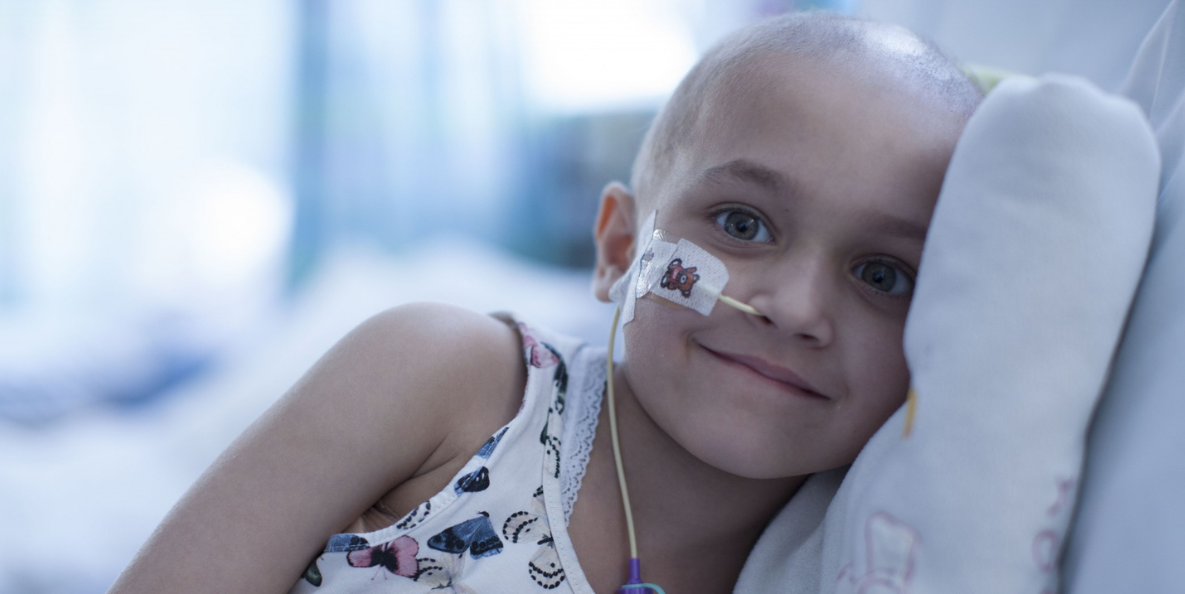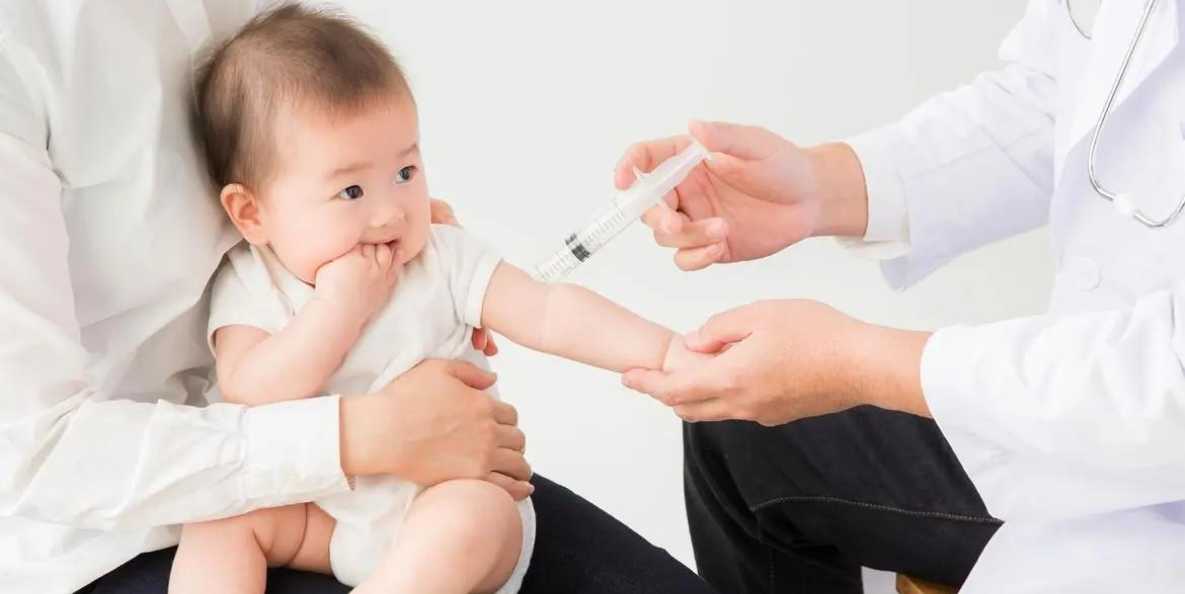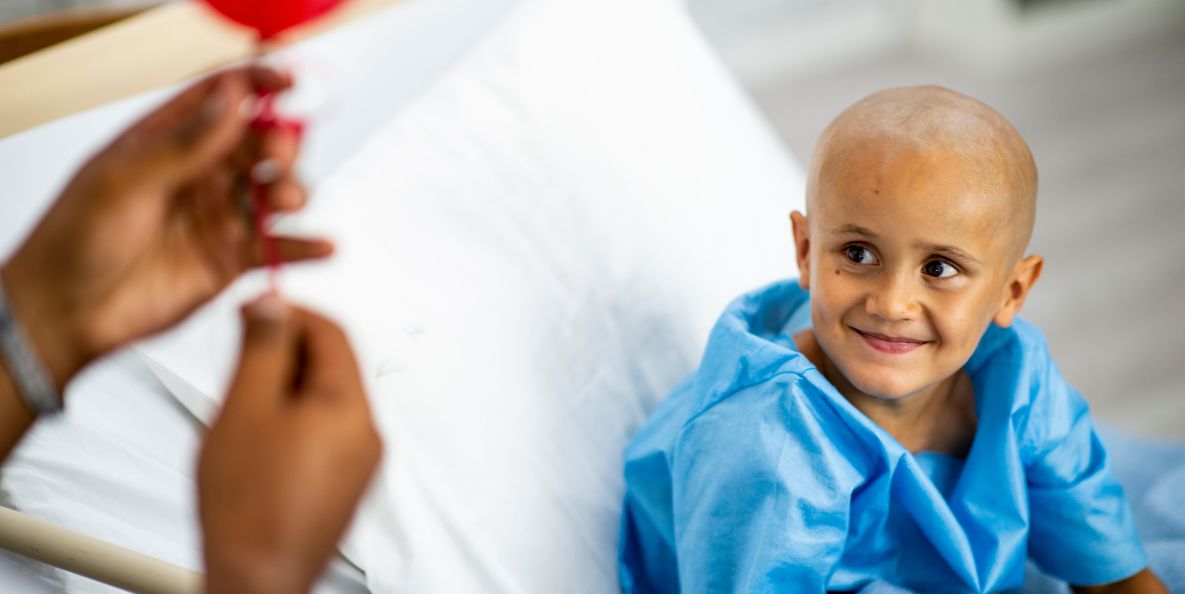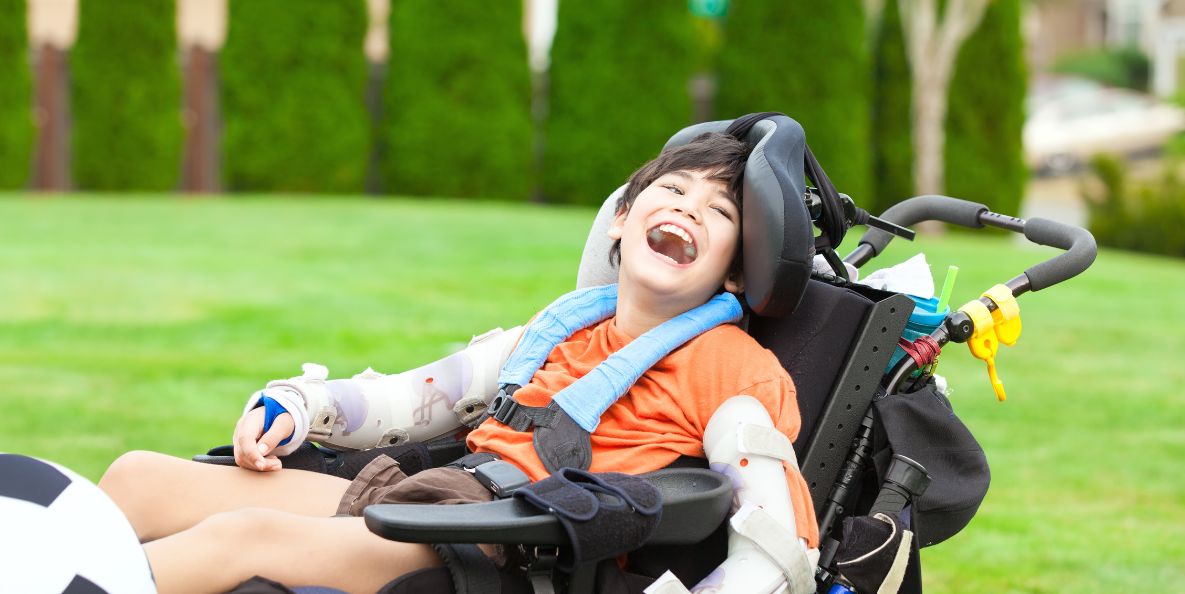Categories
Do Children Get Cancer?
Aug 23, 2023
Cancer is often thought to be a disease of adults. Unfortunately, cancers are also seen in children but what is fortunate is the treatment and outcomes. Yes, most of the cancers in children are curable if treated effectively with adequate supportive care. Globally around 4 lakh children and adolescents (0-19 years old) are diagnosed withcancer. In India annually greater than 50 thousand children are diagnosed withcancer. This accounts to nearly 20% of the global childhoodcancerburden, according to world health organization (WHO). In high income countries 80% of the children withcancerare surviving whereas it is reverse in low- and middle-income countries including India where only 20% of children withcancerare surviving. This is because of lack of diagnosis, misdiagnosis, delayed diagnosis and inadequate treatment/incomplete treatment.
Facts regarding childhood cancers Cancers in children are completely different from the cancers seen in adults. They are treated by a specialist called Pediatric oncologist trained exclusively for treating the children with cancer.
Most common types of childhood cancers are Leukemias [Acute lymphoblastic leukemia (ALL), Acute myeloid leukemia (AML), Chronic myeloid leukemia (CML)], brain cancers and solid tumors. Solid tumors include Wilms tumor (arising from kidney), Neuroblastoma (arising from adrenal gland), Retinoblastoma (Eye tumour), hepatic tumors, bone tumors, sarcoma etc.
Why do cancers occur in children? Unlike adults the reason forcancerin children is not known. About 90% of childhood cancers occur sporadically. Only 10% of children have genetic predisposition.
Some infections like hepatitis B (HBV) and human papilloma virus (HPV) have tendency to increase the child’s risk of developingcanceras an adult so it is important to get vaccinated against these viruses. Hepatitis B vaccine to protect from livercancerand human papilloma virus vaccine to protect from cervicalcancer.
When to suspectcancerin children?
How to identify thecancerbefore it develops? There is no screening method to identify thecancer. The only way is to be aware of symptoms, timely evaluation and prompt treatment.
How is childhoodcancertreated? Treatment of childhoodcancerhas gone a long way over the decades. Modality of the treatment depends on the type ofcancerand the stage ofcancer. Chemotherapy, surgery, radiation, immunotherapy, targeted therapy and bone marrow transplantation are the different modalities of treatment. No two children would get similar treatment even if it is a same diagnosis. Treatment is tailored according to the risk status and response of the child so that neither the child is overtreated nor undertreated but adequately treated. Apart from the actual therapy, the most important aspect of the treatment is the supportive care. Appropriate supportive care is the most essential part for the optimal outcomes in childhood cancers.
Children also need special attention to their nutrition, growth and development during the process of treatment. Another important part of the treatment is the psychological support to the family as they have to stay strong and support their child in this through various ways.
Facts regarding childhood cancers Cancers in children are completely different from the cancers seen in adults. They are treated by a specialist called Pediatric oncologist trained exclusively for treating the children with cancer.
Most common types of childhood cancers are Leukemias [Acute lymphoblastic leukemia (ALL), Acute myeloid leukemia (AML), Chronic myeloid leukemia (CML)], brain cancers and solid tumors. Solid tumors include Wilms tumor (arising from kidney), Neuroblastoma (arising from adrenal gland), Retinoblastoma (Eye tumour), hepatic tumors, bone tumors, sarcoma etc.
Why do cancers occur in children? Unlike adults the reason forcancerin children is not known. About 90% of childhood cancers occur sporadically. Only 10% of children have genetic predisposition.
Some infections like hepatitis B (HBV) and human papilloma virus (HPV) have tendency to increase the child’s risk of developingcanceras an adult so it is important to get vaccinated against these viruses. Hepatitis B vaccine to protect from livercancerand human papilloma virus vaccine to protect from cervicalcancer.
When to suspectcancerin children?
- Recurrent fever or prolonged fever not responding to antibiotics.
- Severe bony pains associated with night cries.
- Paleness of body/ bruising/bleeding episodes.
- Unexpected weight loss.
- Whitish pupil in the eye or sudden onset squint.
- Lump or mass in arm, neck, chest, abdomen or pelvis.
- Headache especially early morning headache relieved by vomiting.
- Swelling or persistent pain in joint, bone, or back etc.
How to identify thecancerbefore it develops? There is no screening method to identify thecancer. The only way is to be aware of symptoms, timely evaluation and prompt treatment.
How is childhoodcancertreated? Treatment of childhoodcancerhas gone a long way over the decades. Modality of the treatment depends on the type ofcancerand the stage ofcancer. Chemotherapy, surgery, radiation, immunotherapy, targeted therapy and bone marrow transplantation are the different modalities of treatment. No two children would get similar treatment even if it is a same diagnosis. Treatment is tailored according to the risk status and response of the child so that neither the child is overtreated nor undertreated but adequately treated. Apart from the actual therapy, the most important aspect of the treatment is the supportive care. Appropriate supportive care is the most essential part for the optimal outcomes in childhood cancers.
Children also need special attention to their nutrition, growth and development during the process of treatment. Another important part of the treatment is the psychological support to the family as they have to stay strong and support their child in this through various ways.











